The magnifying trade tensions between the United States and Canada have led to significant impositions on Canadian goods. These initiatives taken by the United States have hindered traditional trade relationships, causing uncertainty for many businesses by increasing costs.
On the other hand, numerous Canadian companies have viewed these challenges as catalysts for growth, innovation, and market diversification. This article will emphasize 20 Canadian businesses that have successfully transformed U.S. impositions into opportunities for expansion and endurance.
Bombardier

Bombardier is a leading company in aerospace and transportation that faced substantial impositions on its aircraft exports to the United States.
As a response, the company accelerated partnerships in Europe and Asia, immediately shifting portions of its production to countries with favorable trade agreements.
Bombardier also intensified its efforts in research and development by focusing on cost-effective and fuel-efficient aircraft models that appeal to a broader global market.
Maple Leaf Foods

When aligned with increased tariffs on meat products, Maple Leaf Foods amplified its presence in Europe and Asia, thereby diversifying its markets.
The company invested profoundly in plant-based protein lines, aligning with global consumer trends toward sustainable and healthy food options. These strategic decisions reduced reliance on the U.S. market and opened new revenue generation.
Canfor Corporation

Canfor Corporation is a big company in the forestry industry. When the U.S. put tariffs (extra taxes) on its lumber exports, Canfor found a smart way to handle the situation. It bought sawmills in the southern U.S. to avoid the tariffs and sell directly to local customers. At the same time, Canfor also grew its business in Asia, where more companies needed good-quality wood for building and manufacturing.
Magna International
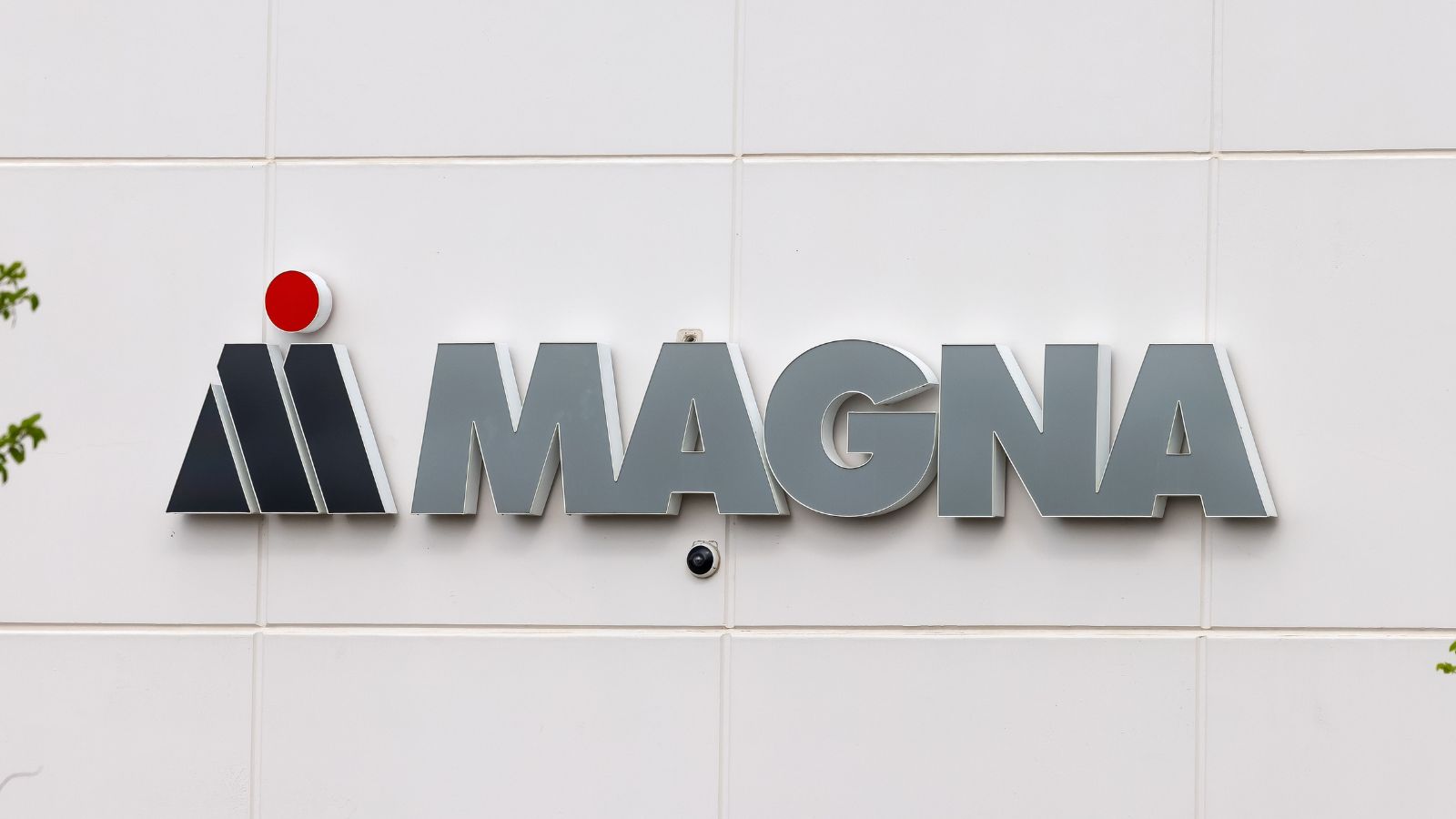
Magna International, a major company that makes car parts, faced tariffs that could hurt its U.S. sales. To handle this, Magna invested in automation technology in its Canadian factories to make production more efficient and lower costs. The company also started making parts for electric vehicles, preparing for the future as the car industry shifts toward sustainable energy.
Linamar Corporation

Linamar Corporation faced similar challenges in the automotive sector. Linamar reacted by diversifying its manufacturing operations by establishing facilities in Mexico and Europe.
This geographical maneuver allowed the company to circumvent specific tariffs and access new markets. The company also strengthened its domestic supply chain to minimize dependency on U.S.-sourced materials, increasing protection against trade uncertainties.
Saputo Inc.
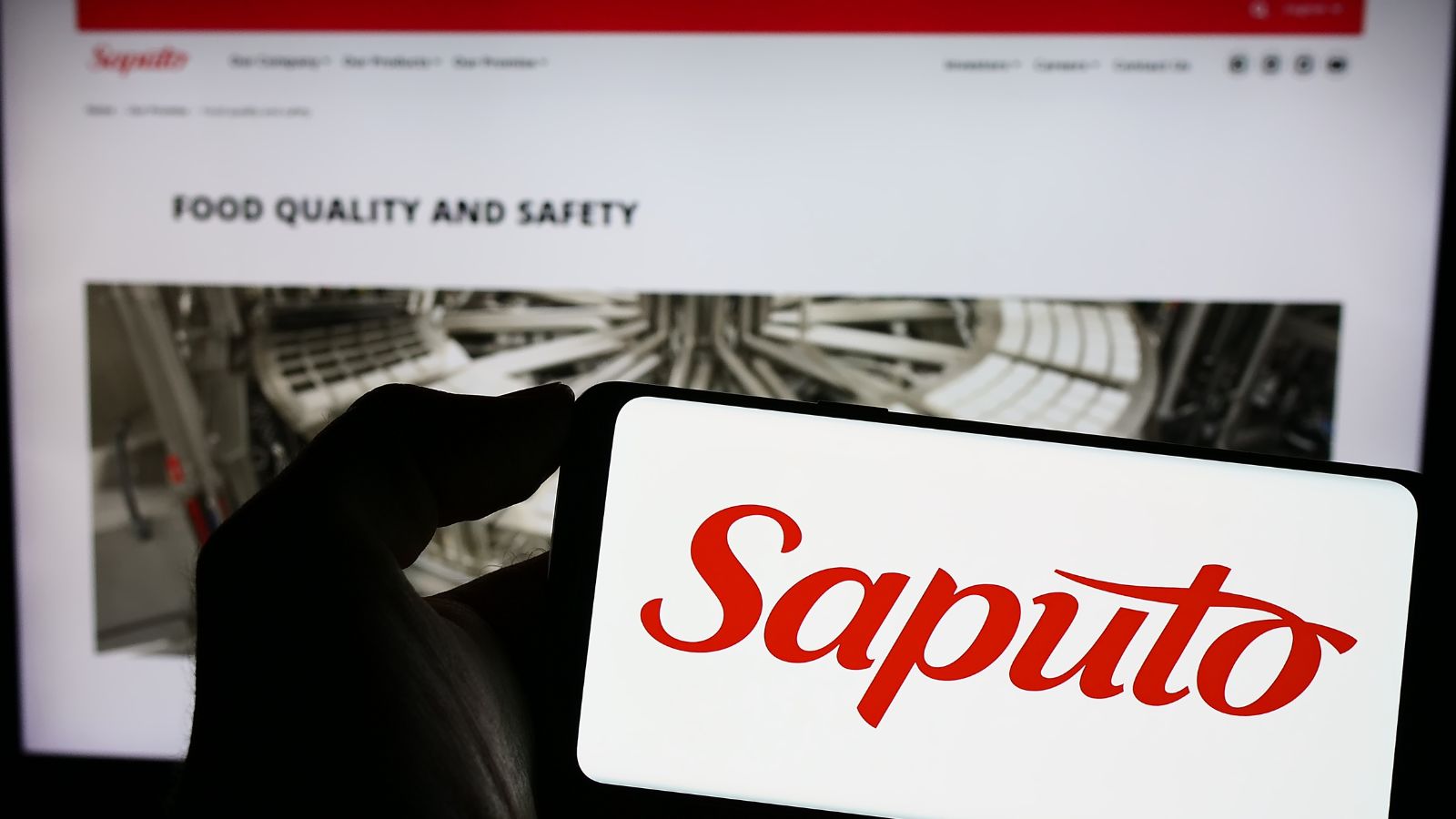
As a dairy industry leader, Saputo encountered tariffs that affected its cheese exports to the U.S. In response, the company expanded into European and Australian markets, as these regions had a high demand for dairy products. Saputo also varied its product line to include specialty cheeses and value-added dairy items to cater to niche markets and to reduce vulnerability to U.S. trade policies.
Canada Goose
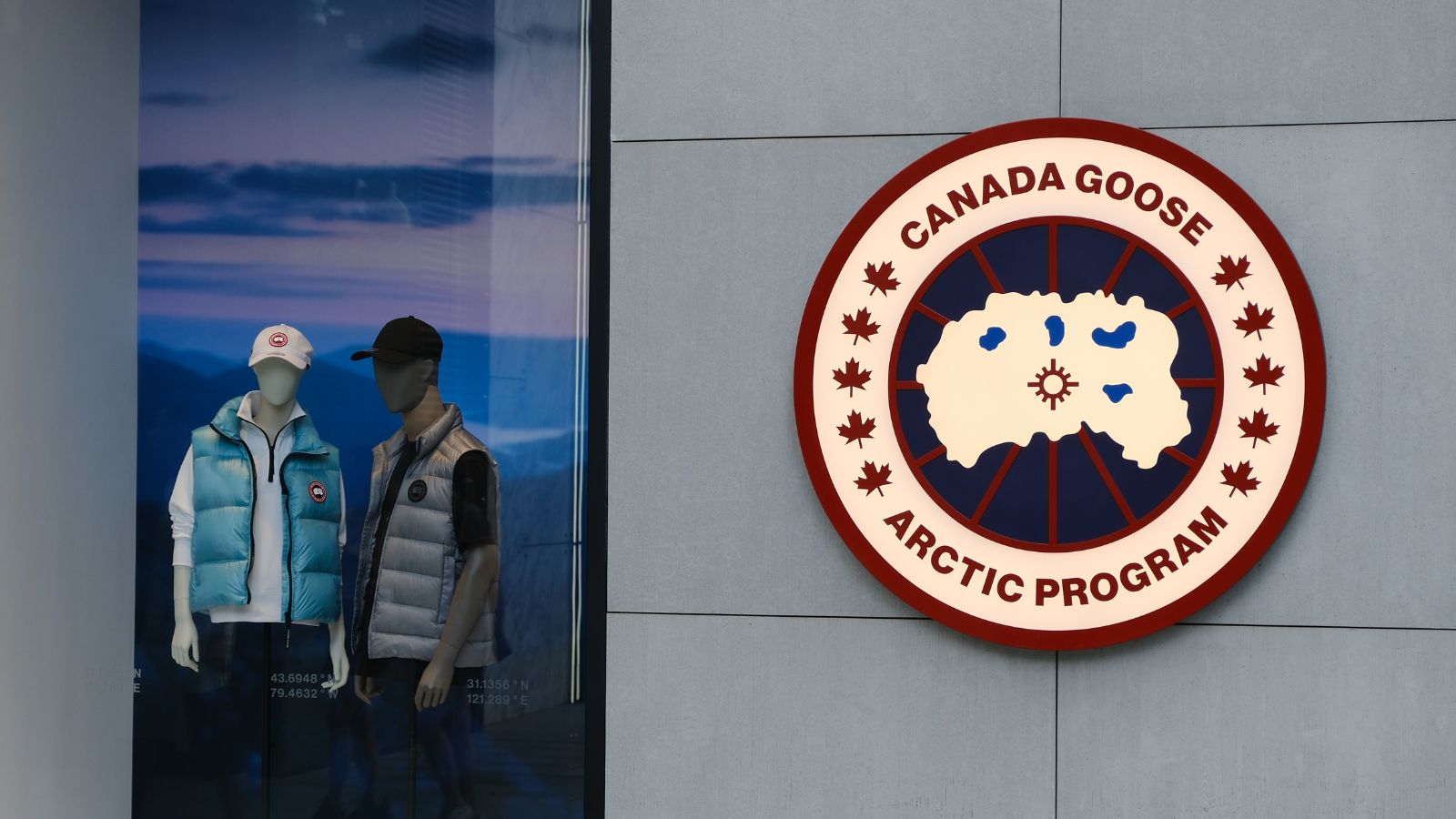
Canada Goose, a luxury apparel brand, faced increased tariffs on its products entering the U.S. The company adapted by enhancing its direct-to-consumer sales channels, including e-commerce platforms and flagship stores in Europe and Asia. This approach helped not only to alleviate tariff impacts but also to strengthen its brand presence in emerging markets, leading to sustained growth.
Gildan Activewear

Gildan Activewear, as a major clothing manufacturer, responded to tariffs by reallocating portions of its production to countries with favorable trade agreements.
The company also invested in ethical and sustainable sourcing practices, appealing to a broader global consumer base increasingly concerned with environmental and social governance. These strategies helped Gildan to remain competitive despite trade barriers.
West Fraser Timber

Another key player in the forest industry, West Fraser Timber, had to face challenges due to U.S. tariffs on softwood lumber. So, the company diversified its customer base by penetrating European and Asian markets.
Additionally, West Fraser invested in producing cross-laminated timber (CLT), an innovative and relatively sustainable construction material, opening new streams of revenue and reducing dependence on traditional lumber markets.
Irving Oil

Irving Oil had to deal with tariffs on refined petroleum products that they exported to the U.S. The company optimized operations by enhancing efficiency in its Canadian refineries and exploring alternative export routes to Latin America and Europe.
Irving Oil aligned with global shifts by investing in renewable energy projects to move toward sustainable energy and to reduce reliance on traditional fossil fuel markets.
BlackBerry

Transitioning from hardware to software, BlackBerry made use of the trade disruptions and leveraged them to promote its automotive and cyber security software solutions globally.
The company capitalized on the increasing demand for secure communication and data protection, leading to an expansion in its client bases across Europe and Asia. This strategic shift reduced the impact of the U.S. tariffs and positioned BlackBerry as a leader in the software industry.
Cascades Inc.

Cascades, which specializes in packaging and tissue products, used tariffs as a catalyst for innovation. The company invested in eco-friendly packaging solutions, appealing to environmentally conscious consumers worldwide.
Moreover, Cascades also expanded its operations in Europe by tapping into markets with growing demands for sustainable packaging, thereby diminishing the impact of U.S. trade barriers.
Shopify

E-commerce platform Shopify took advantage of the uncertainty Canadian small businesses had because of tariffs by providing solutions that allowed Canadian entrepreneurs to penetrate non-U.S. markets.
The company diversified its global infrastructure, offering business tools and services for reaching global customers. Such a strategy not only benefited local businesses but also positioned Shopify as a global e-commerce leader.
Agropur Dairy Cooperative

Agropur countered dairy tariffs by making investments in specialty cheese and high-margin dairy products with robust demand in export markets. The cooperative diversified its export strategy to target Europe and Asia, markets less exposed to U.S. trade policies. This diversification guaranteed steady growth and minimized exposure to fluctuations in the North American market.
New Flyer Industries

New Flyer, an electric bus manufacturer, transformed impositions and threats into opportunities through a quicker shift to green transportation solutions. The company won new orders in Europe, Asia, and Latin America, where governments were giving high preference to green public transport programs.
By concentrating on electric and hydrogen buses, New Flyer not only minimized its dependence on the American market but also emerged as a world leader in next-generation transit technology.
Teck Resources
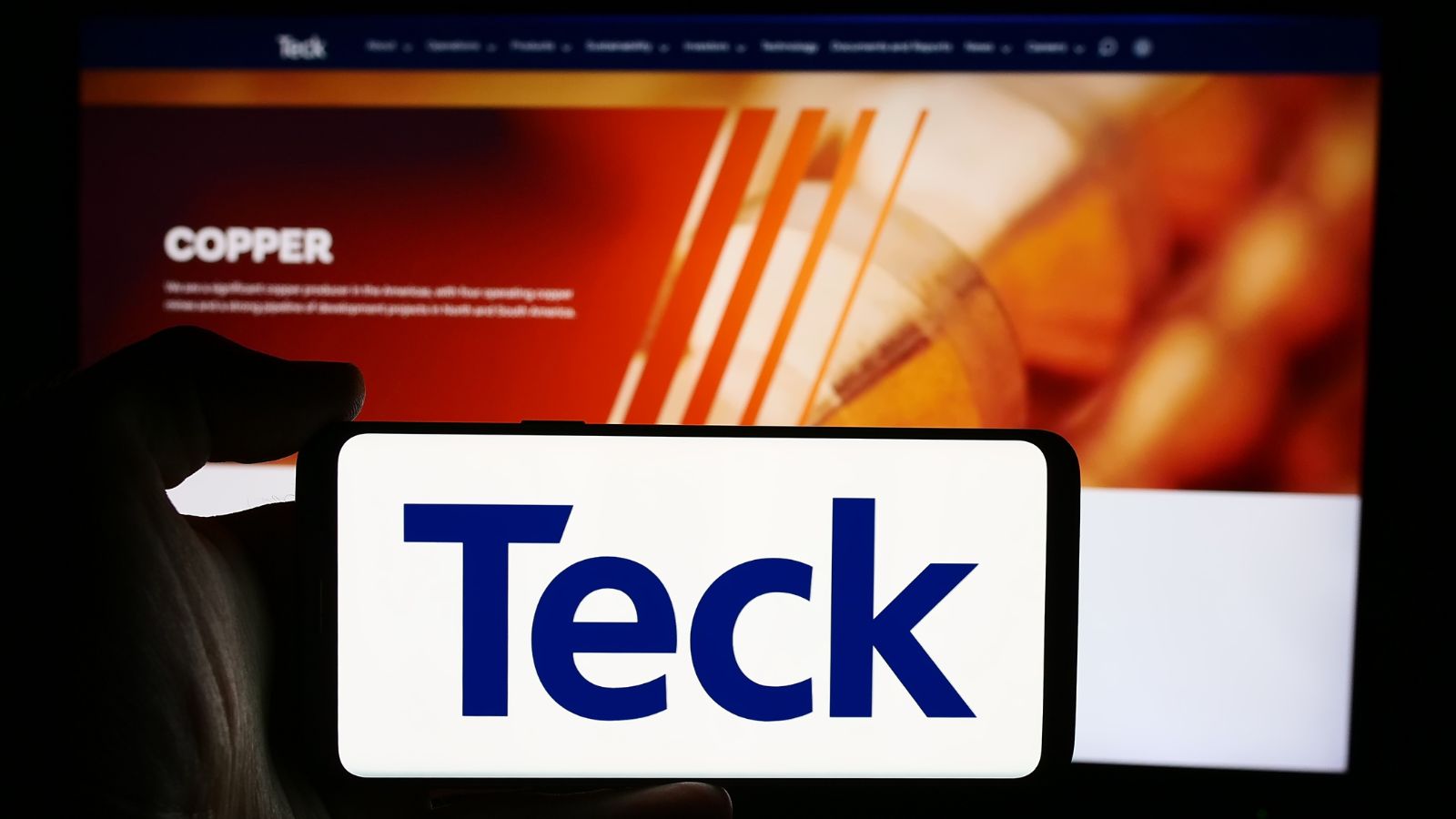
Teck Resources, one of the world’s largest mining and metals producers, was hit with tariffs on exports of steelmaking coal and base metals to the United States. The company reacted by reinforcing relationships with Asian buyers, including China and India, where the demand for these materials was still high.
Teck also deepened its investment in copper production, a metal crucial to renewable energy technologies, further positioning itself along with the direction of global sustainability and procuring long-term growth prospects.
Nutrien

Nutrien, the world’s largest producer of potash and a leading supplier of agricultural products, turned tariffs into an opportunity to expand globally. The company invested heavily in South America, especially in Brazil and Argentina, to provide farmers with fertilizers and crop protection products. By focusing on growing agricultural markets, Nutrien reduced its reliance on U.S. buyers and strengthened its role in global food security.
Resolute Forest Products

Resolute Forest Products, a dominant industry player in forestry and paper, countered impositions by enhancing its product base. The company invested in bio-based products such as lignin-based adhesives and eco-friendly packaging solutions to capitalize on increased demand globally for sustainable alternatives. Resolute further enhanced its market presence in European and Asian markets to achieve long-term security irrespective of U.S. trade barriers.
BRP (Bombardier Recreational Products)
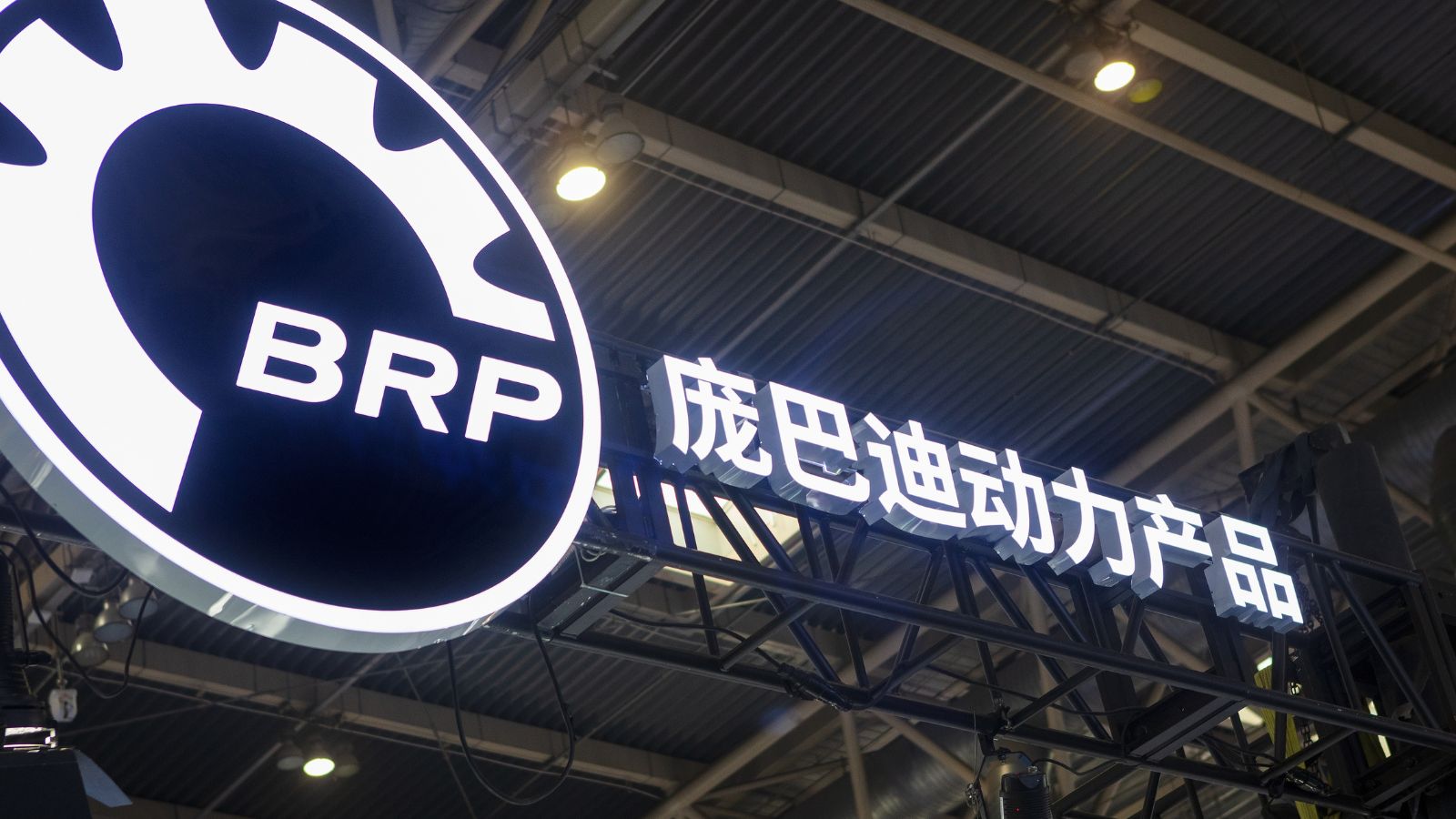
BRP, with its snowmobiles, watercraft, and off-road vehicles, responded to impositions by increasing selling efforts in Latin America, Europe, and Asia. BRP also invested in electrification, creating electric versions of its products to cater to the increasing demand for eco-friendly recreational products. Through these efforts, BRP was able to sustain healthy global sales and counter the economic impact of U.S. tariffs.
ATS Automation

ATS Automation, the premier industrial automation solutions provider, took a perk of the situation to expand its operations by assisting manufacturers in saving labor costs and achieving greater efficiency following the surge in trade-related expenses.
The organization expanded its footprint in Europe and Asia, where there was a growing demand for sophisticated manufacturing technology. ATS Automation’s capability to provide high-technology solutions to tariff-affected businesses made it a choice business partner for enterprises seeking to automate operations.
Conclusion

In the beginning, U.S. trade restrictions created challenges for Canadian companies, but these 20 businesses showed resilience and creativity by turning obstacles into opportunities. They adapted by exploring new markets, using innovative technologies, automating processes, and making sustainable investments. These strategies helped them overcome trade uncertainties and set the stage for long-term growth. Their success highlights the strength of Canadian businesses and their ability to thrive even in a changing global trade environment. As trade patterns continue to evolve in 2025, these companies remain industry leaders, proving that adaptability and smart planning are key to success.
25 Countries Predicted to Become Economic Superpowers in the Next 20 Years

The strength of an economy plays a crucial role in various international policies about trade and relations. Certain factors determine the strength of an economy, including population growth, availability of resources, and development and advancement. Here are 25 countries predicted to become economic superpowers in the next 20 years
25 Countries Predicted to Become Economic Superpowers in the Next 20 Years
